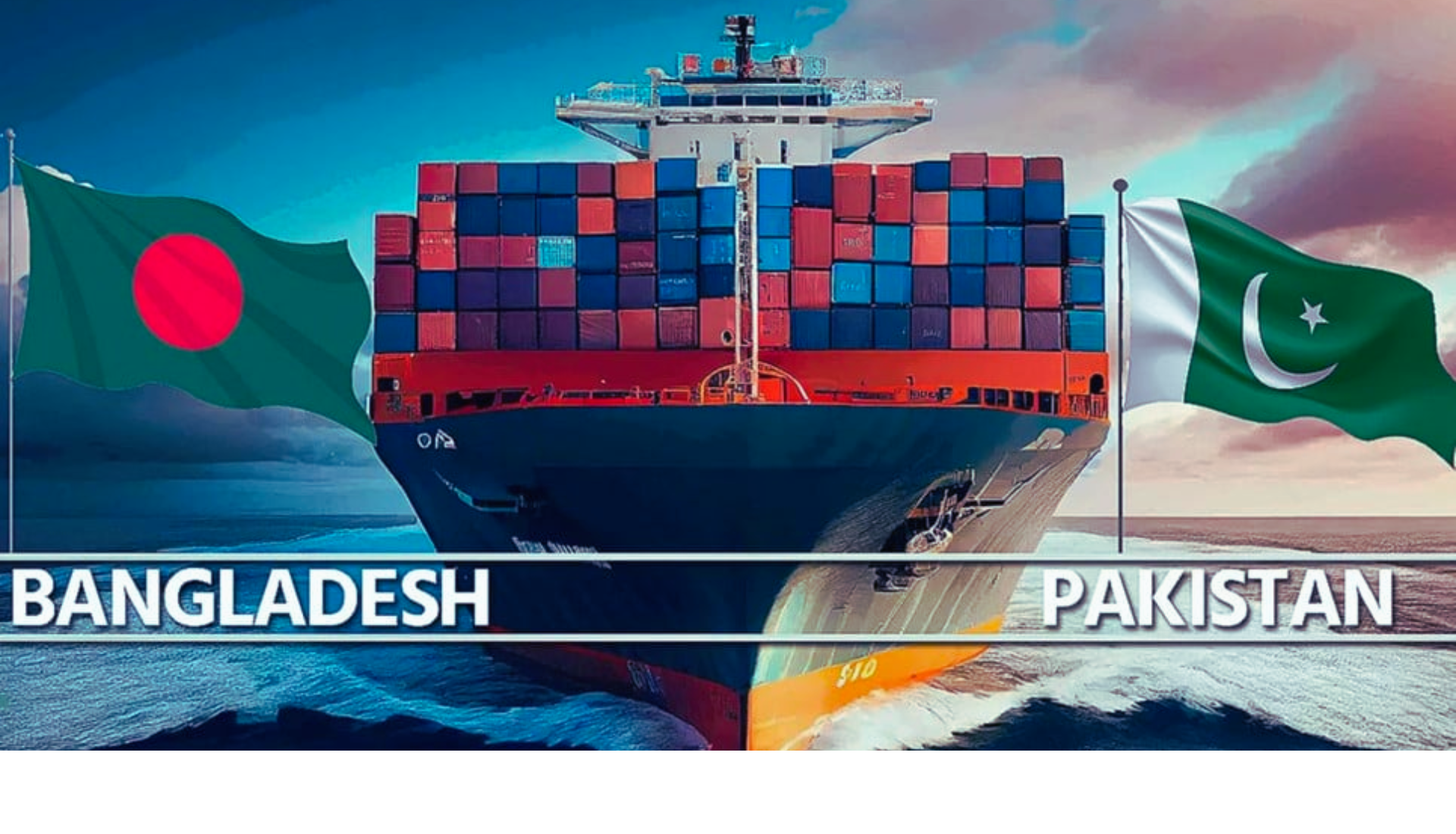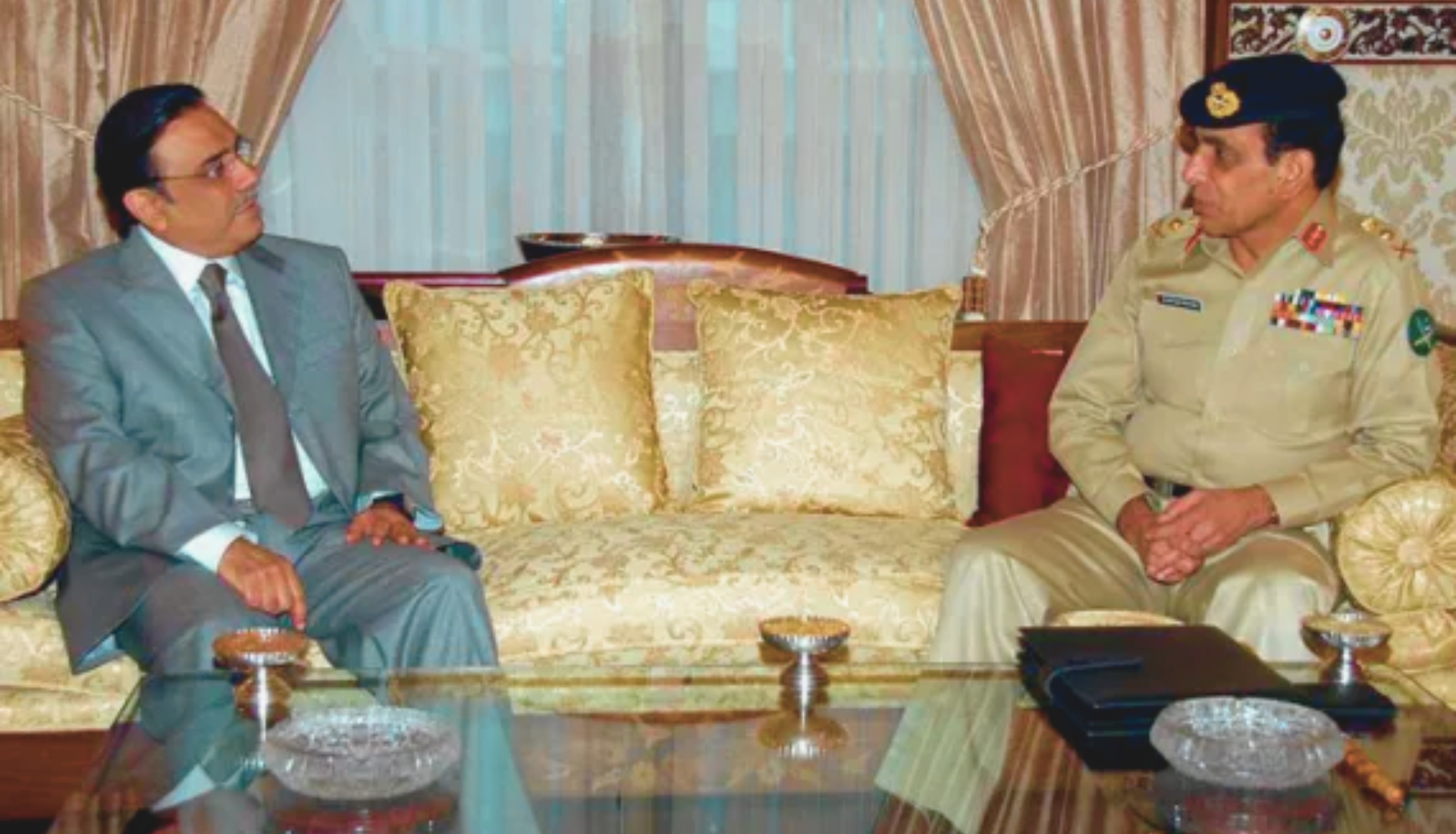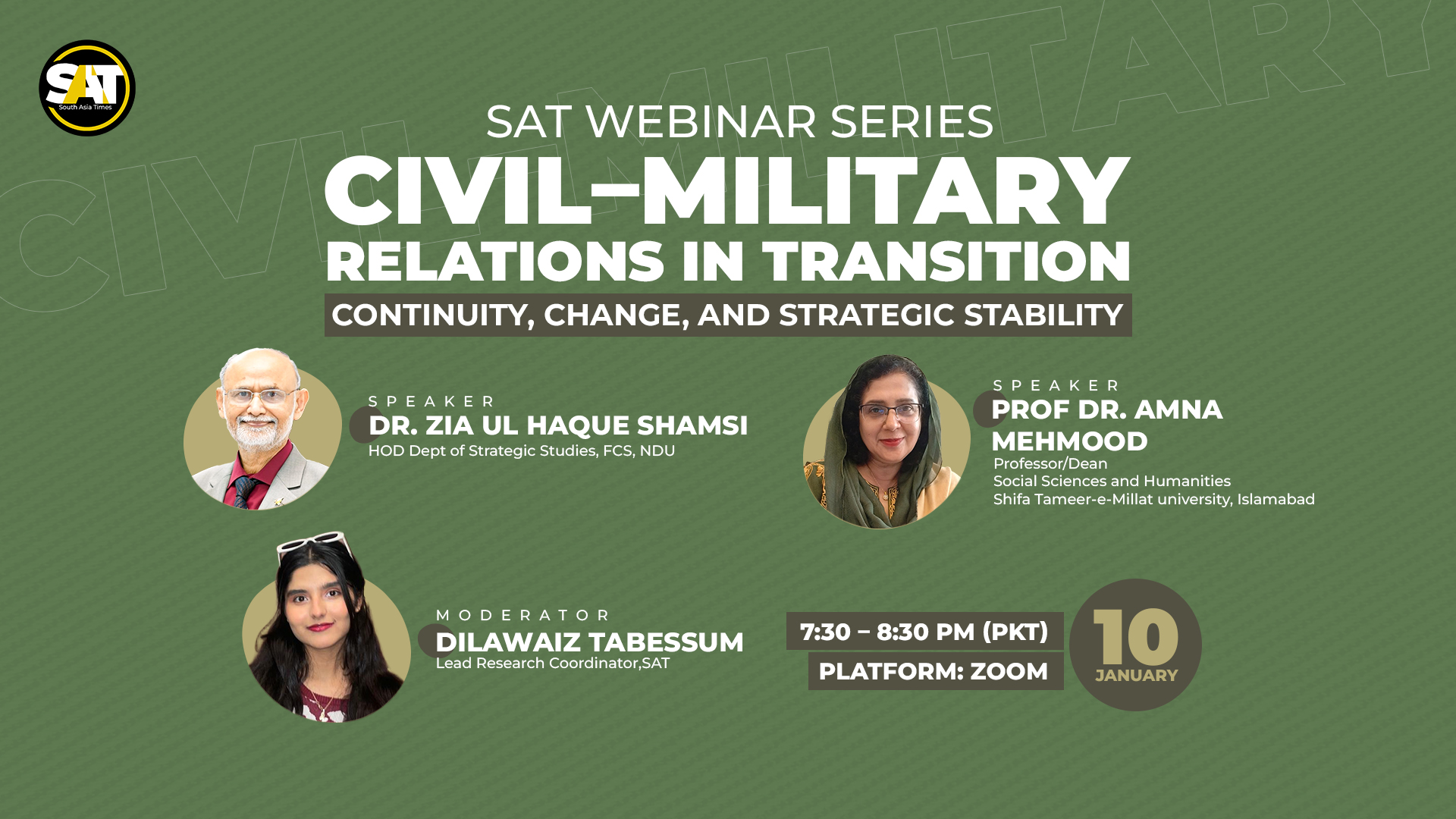The Baba Guru Nanak International Kabaddi Festival 2024 was held in Kartarpur city to mark Baba Guru Nanak’s 555th birth anniversary. It stands as a testament to the unifying power of sports and faith. The Pakistan Sikh Gurdwara Parbandhak Committee organized the festival in collaboration with the Project Management Unit (PMU) Kartarpur and the Pakistan Kabaddi Federation. The event welcomed over 5,000 foreign Sikh pilgrims. This included 2,500 pilgrims from India.
Sneak Peek into the Baba Guru Nanak Kabaddi Festival 2024
The final match was a thrilling showdown between Bandisha Royal Belgium Kabaddi Club and Royal King Kabaddi Club. Both teams showed exceptional skills, thrilling the crowd. After a hard-fought battle, the Royal Belgium Kabaddi Club emerged victorious. The champions were awarded a cash prize of Rs 600,000, while the runner-up, Royal King Kabaddi Club, received Rs 400,000.
Punjab’s first Sikh Minister and President of the Pakistan Sikh Gurdwara Parbandhak Committee, Sardar Ramesh Singh Arora, spoke on the occasion. Abubakar Aftab Qureshi, CEO of Kartarpur, also addressed the gathering. Other notable attendees from Pakistan included Additional Secretary of Shrines Saifullah Khokhar. Chairman of the Pakistan Kabaddi Federation, Chaudhry Shafay Hussain, was also present. Punjab Law Minister Sohaib Bharti and Punjab Transport Minister Bilal Akbar attended the event as well.
Sports as a Unifying Force: Speakers Remarks at Kabaddi Festival 2024
Chairman of the Pakistan Kabaddi Federation, Chaudhry Shafay Hussain, emphasized keeping politics out of sports. He mentioned efforts to invite the Indian Kabaddi team to the Baba Guru Nanak International Kabaddi Festival, but the authorities did not permit them to participate. He vowed to try again next year.
Sardar Ramesh Singh Arora highlighted sports as a tool for peace and goodwill, stating that the festival, held annually at Gurdwara Darbar Sahib Kartarpur, would promote Kabaddi globally. He praised the government for supporting the sport and expressed hope that such events would enhance the sports sector and foster love and brotherhood between Pakistan and India.
Also See: Sports Landscape in Pakistan
Pakistan’s Soft Diplomacy: Building Bridges Through Sports
Baba Guru Nanak International Kabaddi Festival 2024 underscored Pakistan’s commitment to soft diplomacy. By opening its doors to Sikh pilgrims and hosting this vibrant event, Pakistan highlighted its willingness to bridge divides through cultural and religious harmony.
The Pakistan High Commission in New Delhi made an announcement on the social media platform X. It stated that it issued over 3,000 visas to Sikh pilgrims from India. These visas will allow the pilgrims to participate in the birthday celebrations of Baba Guru Nanak Dev Ji. Organizers have scheduled the celebrations to take place in Pakistan from November 14 to 23, 2024.
Accordingly, on November 19, foreign Sikhs spent half of the day at Gurdwara Darbar Sahib. They spent the other half watching the Kabaddi match, which organizers specially arranged in their honor. The event celebrated not just Kabaddi, a beloved sport of the region, but also the rich cultural and spiritual legacy of Baba Guru Nanak.
Security Measures and International Praise for Kartarpur Corridor
Pakistan has implemented robust security measures for the anniversary celebrations and the Kabbadi tournament. A total of 3,000 security personnel, along with 700 additional staff members, including paramedical teams, have been deployed to ensure the safety of an estimated 60,000 devotees attending the event.
Pakistan’s initiative to open the Kartarpur Corridor, which facilitates Sikh pilgrims’ visits to holy sites in Pakistan, has been widely lauded by the international community. United Nations Secretary-General António Guterres described it as a “Corridor of Hope,” underscoring its significance in fostering cross-border religious harmony.
India’s Refusal to Join: Political Obstacles in Sports
India’s decision not to participate in the Baba Guru Nanak International Kabaddi Festival 2024 follows a pattern of politicizing sports.
Earlier, India declined to send its cricket team to Pakistan for the International Cricket Council (ICC) Champions Trophy, citing alleged security concerns. Controversy arose last week during the ICC Champions Trophy’s trophy tour. The Pakistan Cricket Board (PCB) had planned for the trophy to visit Muzaffarabad, the capital of Pakistan-administered Kashmir. However, the city was removed from the itinerary after the Board of Control for Cricket in India (BCCI) raised objections with the ICC.
In stark contrast, India recently hosted seven matches of the third edition of the Legends League Cricket (LLC) event in September at Srinagar’s Bakshi Stadium, located in Jammu and Kashmir, an internationally disputed region. This has drawn criticism, with many highlighting the apparent double standard in India’s stance regarding such politically sensitive areas.
India has requested a neutral venue from the ICC for its matches, a demand that Pakistan has declined. During last year’s Asia Cup, held in Pakistan, Pakistan arranged for India’s matches to be played in Sri Lanka, but has refused to do so this time. While both countries regularly compete in multinational tournaments, India has not toured Pakistan since the Asia Cup in 2008.
India has barred its blind cricket team from attending the T20 World Cup in Pakistan, citing security concerns, even after the sports ministry issued a No Objection Certificate. The Indian Blind Cricket Association expressed disappointment over the last-minute decision, questioning the delay in communication.
India’s Reluctance to Engage in Peaceful Dialogue: A Diplomatic Loss
Citing security concerns and allegations of terrorism, India appears unwilling to engage in opportunities that could encourage goodwill and mutual understanding. This stance may resonate with domestic audiences but reflects an underlying fear of appearing to lose by engaging with Pakistan on neutral ground. Such reluctance, however, comes at a significant cost.
By avoiding sporting events in Pakistan, India denies itself an opportunity to strengthen its narrative as a regional leader. This narrative emphasizes championing dialogue and peace. Instead, this approach creates an impression of insularity and politicization of sports. Sports are traditionally considered a tool for building bridges across divides. Additionally, India misses the chance to showcase its athletes’ prowess on foreign soil. It also loses an opportunity to foster people-to-people connections. These connections often pave the way for improved diplomatic ties.
Should the ICC suspend India due to its Political Interference in Sports
The issue of political interference in sports, particularly cricket, has been a contentious one. In 2023, the International Cricket Council (ICC) suspended Sri Lanka Cricket (SLC) and, in 2019, Zimbabwe Cricket for meddling in their governance. These actions underscored the ICC’s commitment to maintaining the independence of the sport. However, critics argue that the ICC has shown leniency toward India, a country where politics often influences cricket-related decisions, such as venue selections and the scheduling of bilateral series. Given this backdrop, should the ICC enforce the same strict stance on India, or should it allow the country to continue its political involvement in the sport without repercussions?

![The Baba Guru Nanak Kabaddi Festival 2024 celebrated sports and faith, uniting over 5,000 Sikh pilgrims in Kartarpur. [mage via Ravinder Singh Robin]](https://southasiatimes.org/wp-content/uploads/2024/11/Kartarpur-Corrdior.webp)




